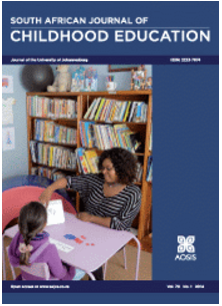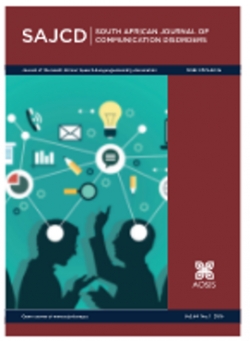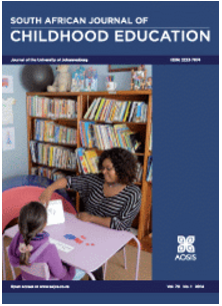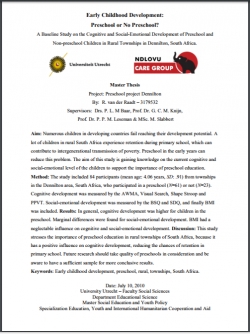South African Journal of Psychology 42(4):617-627 Dialogic reading and child language growth: combating developmental risk in South Africa
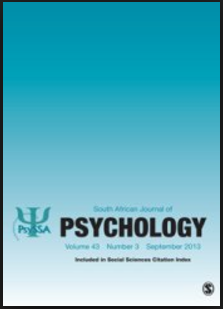
Type
E-Journal
Authors
ISSN
20788208
Category
ECCE
[ Browse Items ]
Publication Year
2012
Publisher
SAGE Journals, Thousand Oaks, CA, United States
URL
[ private ]
Pages
11 p.
Subject
Early childhood development, Early childhood education, Young children, Cognitive development, Language skills, Literacy, Dialogic reading, Interventions, Developing countries, Evaluation, South Africa
Abstract
The issue of inadequate child cognitive stimulation requires immediate remediation given its widespread prevalence in developing countries. "Dialogic book-sharing" is now recognised as a potent means for stimulating the development of a range of important early cognitive and language skills in children; including receptive and expressive vocabulary, abstract language, the syntactic quality and complexity of sentence construction, emergent literacy skills, literal and inferential language, and oral narrative skills. This article is a review of the current research base on sharing books with young children. It reveals widespread application of this sort of intervention in the developed world, with programmes having been run by training individual parents or as groups in classroom settings. While implementation in poor, developing countries remains scant, there is a clear rationale for testing the applicability of dialogic reading in Africa as there is established evidence that South African children are at a clear cognitive disadvantage to their peers in developed countries. The dialogic reading programme, its components, and implementation issues are discussed with a review of the major empirical findings. It is further argued that this type of intervention poses much potential for addressing the documented loss of developmental potential in South Africa (SA).
Description
Article
Number of Copies
1
| Library | Accession No | Call No | Copy No | Edition | Location | Availability |
|---|---|---|---|---|---|---|
| Main | 81 | 1 | Yes |
